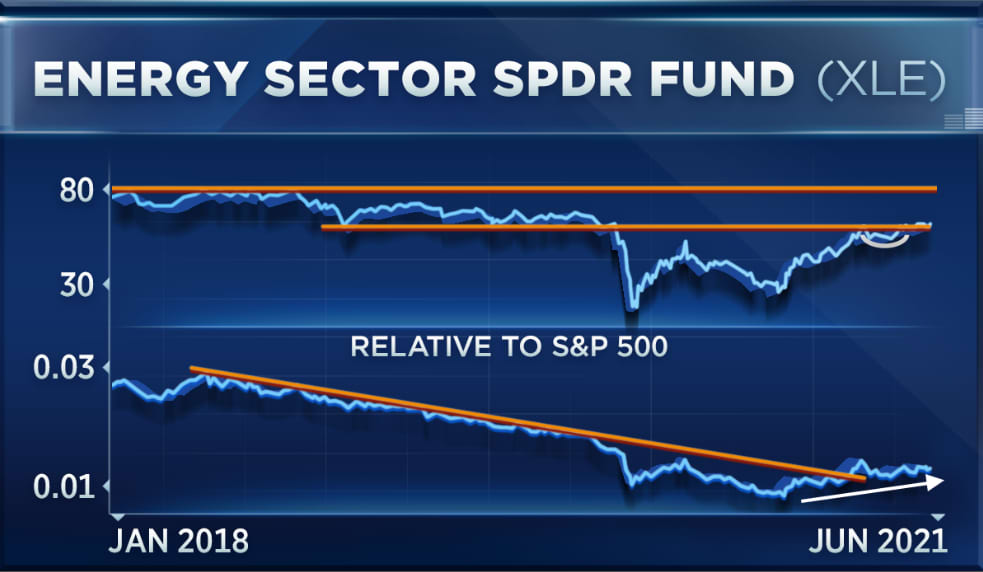78% of near-retirees failed or barely passed a basic Social Security quiz. Test your knowledge before you claim
There's a disconnect between what near retirees expect from Social Security in retirement and what the program provides, a new survey finds.

Eclipse_images | E+ | Getty Images
Many near retirees expect Social Security to be their largest source of income when they stop working.
Yet those who are on the brink of their so-called golden years fall short when it comes to knowledge about the program's rules and what they can personally expect, according to a new survey from MassMutual.
When put to the test with a 13-question true/false Social Security quiz, 78% of respondents ages 55 to 65 failed or barely passed. That includes 41% who failed and 37% who got a D.
Less than 1% of 1,500 respondents who took the quiz in January got a perfect score by answering all 13 questions correctly.
More from Personal Finance:
How one beach city is helping residents age in place
What happens to your Social Security benefits when you die
62% of adults 50 and over have not used professional help for retirement
This year's respondents fared worse in MassMutual's quiz than they did in 2023, when 69% either failed or barely passed.
To test your knowledge on Social Security, decide whether you think the following statements are true or false and compare your answers to the answer key below.
True or False?
1. In most cases, if I take benefits before my full retirement age, they will be reduced for early filing.
2. If I am receiving benefits before my full retirement age and continue to work, my benefits might be reduced based on how much I make.
3. If I have a spouse, he or she can receive benefits from my record even if he or she has no individual earnings history.
4. If I have a spouse and he or she passes away, I will receive both my full benefit and my deceased spouse's full benefit.
5. Generally, if I am in a same-sex marriage, there are different eligibility requirements when it comes to Social Security retirement benefits.
6. The money that comes out of my paycheck for Social Security goes into a specific account for me and remains there, earning interest, until I begin to receive Social Security benefits.
7. If I get divorced, I might be able to collect Social Security benefits based on my ex-spouse's Social Security earnings history.
8. Under current law, Social Security benefits could be reduced by 20% or more for everyone by 2035.
9. Under current Social Security law, full retirement age is 65 no matter when you were born.
10. If I file for retirement benefits and have dependent children age 18 or younger, they also may qualify for Social Security benefits.
11. If I delay taking Social Security benefits past the age of 70, I will continue to get delayed retirement credit increases each year I wait.
12. Social Security retirement benefits are subject to income tax just like withdrawals from a traditional IRA account.
13. I must be a U.S. citizen to collect Social Security retirement benefits.
Sporrer/Rupp | Image Source | Getty Images
Answers:
1. True (92% answered correctly)
2. True (84%)
3. True (75%)
4. False (70%)
5. False (70%)
6. False (65%)
7. True (59%)
8. True (58%)
9. False (55%)
10. True (53%)
11. False (48%)
12. False (38%) (Note: While both Social Security and IRA income may be taxed, special rules limit taxes on Social Security income to only up to 85% of benefits.)
13. False (23%)
Social Security literacy helps you avoid 'tragic mistakes'
The question most respondents were able to answer correctly was whether their Social Security benefits would be reduced if they claimed earlier than their full retirement age. Most respondents — 92% — correctly answered that they will.
However, fewer than half of respondents — 48% — were able to correctly say whether there's a benefit to delaying benefits past age 70. There isn't.
And if you realize at, say, age 72 that there's no longer an advantage to holding off on receiving benefits, a six-month look back period will let you recoup some of the money you would have received. But any benefits you could have received dating back longer than six months are lost, according to David Freitag, a financial planning consultant and Social Security expert at MassMutual.
Knowing your Social Security full retirement age — the point when you are eligible to receive 100% of the benefits you've earned — is necessary to make a good claiming decision, Freitag said.
Yet almost half of near retirees — 45% — do not know the current full retirement age.
A wave of baby boomers is expected to turn 65 in the next few years, which has been dubbed a "silver tsunami." While age 65 is when individuals become eligible for Medicare, Social Security's full retirement age is generally age 66 to 67, depending on a person's date of birth.
"The window opens at 62 and it closes at 70," Freitag said of Social Security retirement benefit claiming. "You've got to figure those decisions into that period of time, or you'll make tragic mistakes, and that's not a good thing."
Age 65 is important because the Medicare penalty can be very significant if you do not sign up for health coverage on time, Freitag said.
Figuring out what you will do about health insurance and when you plan to claim Social Security are the two anchor points from which to start in the retirement planning process, Freitag said.
"Get those two things anchored down, and then you can start to make the decisions around those two points," Freitag said.
Even as near retirees' knowledge of Social Security falls short, 40% expect the program will be their biggest source of income in retirement. That is followed by a 401(k) or 403(b) plan, with 17%; pension, 13%; and investments, 11%.
However, 44% said they do not know approximately how much income their Social Security retirement benefits will replace.

 KickT
KickT 


























![Are You Still Optimizing for Rankings? AI Search May Not Care. [Webinar] via @sejournal, @hethr_campbell](https://www.searchenginejournal.com/wp-content/uploads/2025/06/1-1-307.png)




